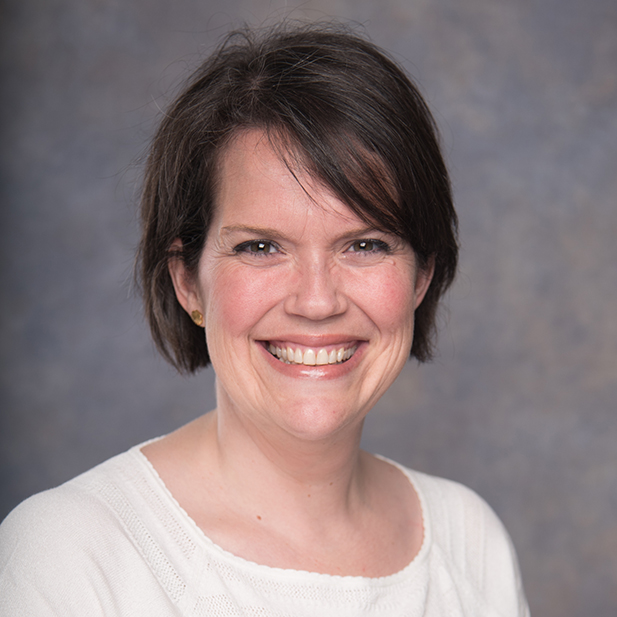Belonging

In his new book, After Whiteness, an Education in Belonging, Willie Jennings envisions the work of formation at the center of theological education as primarily a practice of belonging. Jennings knows theological education; he is a professor of systematic theology and Africana studies at Yale Divinity School, and the former dean of Duke Divinity School. In this book he brings together fragments – of poems and dreams, of stories from the academy, of theological scholarship across centuries – and demonstrates in real time how the fragments are the fertile ground of belonging, and the place of possibility. It is a beautiful and challenging book.
Before Jennings’ vision of belonging is made clear, he offers a firm critique of institutions of theological education, and the whiteness that infuses them. Here, power is exercised and transmitted through the elevation of the self-sufficient man. (Man is used intentionally here.) Self-sufficient man is “one who is self-directed, never apologizing for his strength or ability or knowledge, one who recognizes his own power and uses it wisely, one bound in courage, moral vision, singularity of purpose and not given to extremes of desire or anger.” The ultimate markers of this form are possession, mastery, and control (of knowledge, of oneself, of the world).
As I’ve walked with Jennings over the past few weeks, and considered my own work as an educator in CPE, I feel jubilant about Jennings’ vision for formation rooted in embodied belonging, and the power of that belonging to experience and create love. In CPE I have experienced the communion the Jennings describes in the gathering and holding and trusting of the fragments of my life and faith. My first glimpse of this was as a student in my first unit of CPE, though I did not have the words to understand it. Since then, it has been a great privilege to do this with others as both a chaplain and an educator. This vision, this hope lies at the center of my commitment to the transformative experience that CPE can offer.
And I am also convicted by Jennings’ description of the forces that seek to subvert that hope. These forces are present within me and within every institution I’ve ever served. The lies of self-sufficiency, of mastery and control are cunning, baffling, and powerful. And they are everywhere, often intertwined with the markers of professional competence that we hold dear. A searching and fearless inventory is what is required of us in this time, and it is work that we must do together.
Many among us have been on this road for a long time (and are wondering why the rest of us are taking so long!) and have much to teach us. Others among us are taking tentative first steps. Either way, here we are, holding the fragments of the already and the not yet.
In the coming months, we will be invited to look at our own assumptions – about our institutions, our educational models, and ourselves – and in particular, the ways that white dominance informs our practice. I hope you will join me (and many others, much farther along on this journey than I), in looking lovingly and critically at our life and moving in concrete ways toward the loving and justice-seeking organization we wish to become.
I look forward to seeing you at the annual conference next month. It’s not too late to register, here.
Katherine Higgins is the Director of Communities of Practice. She may be contacted at katherine.higgins@acpe.edu
